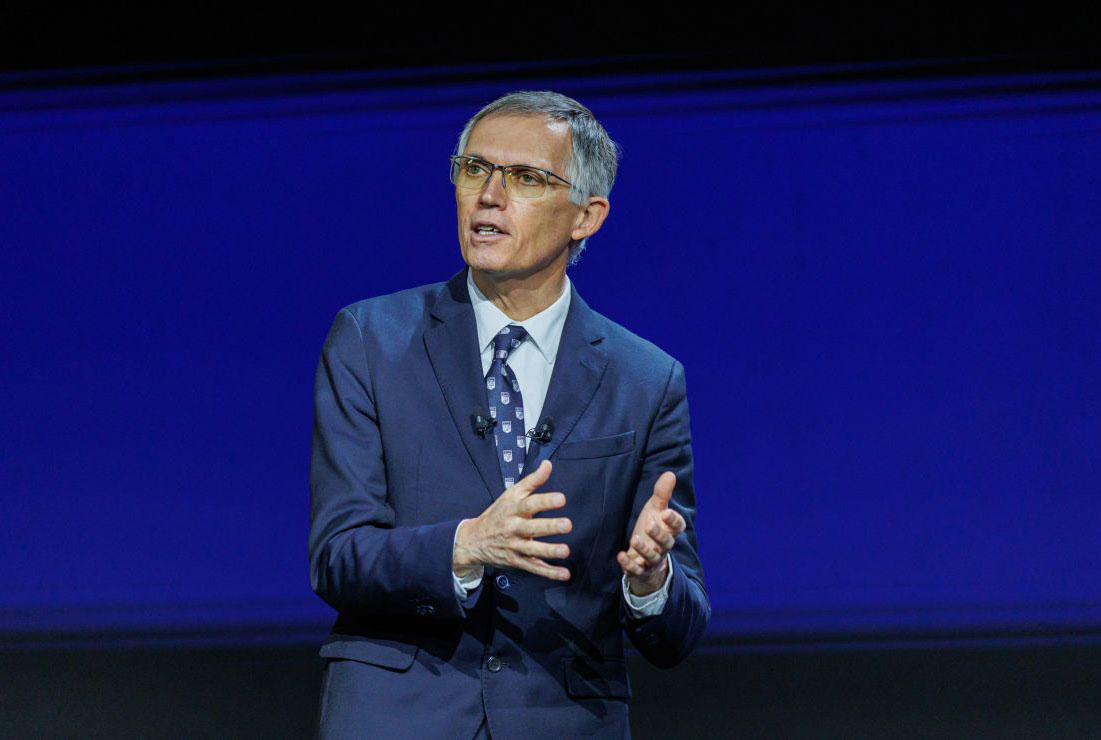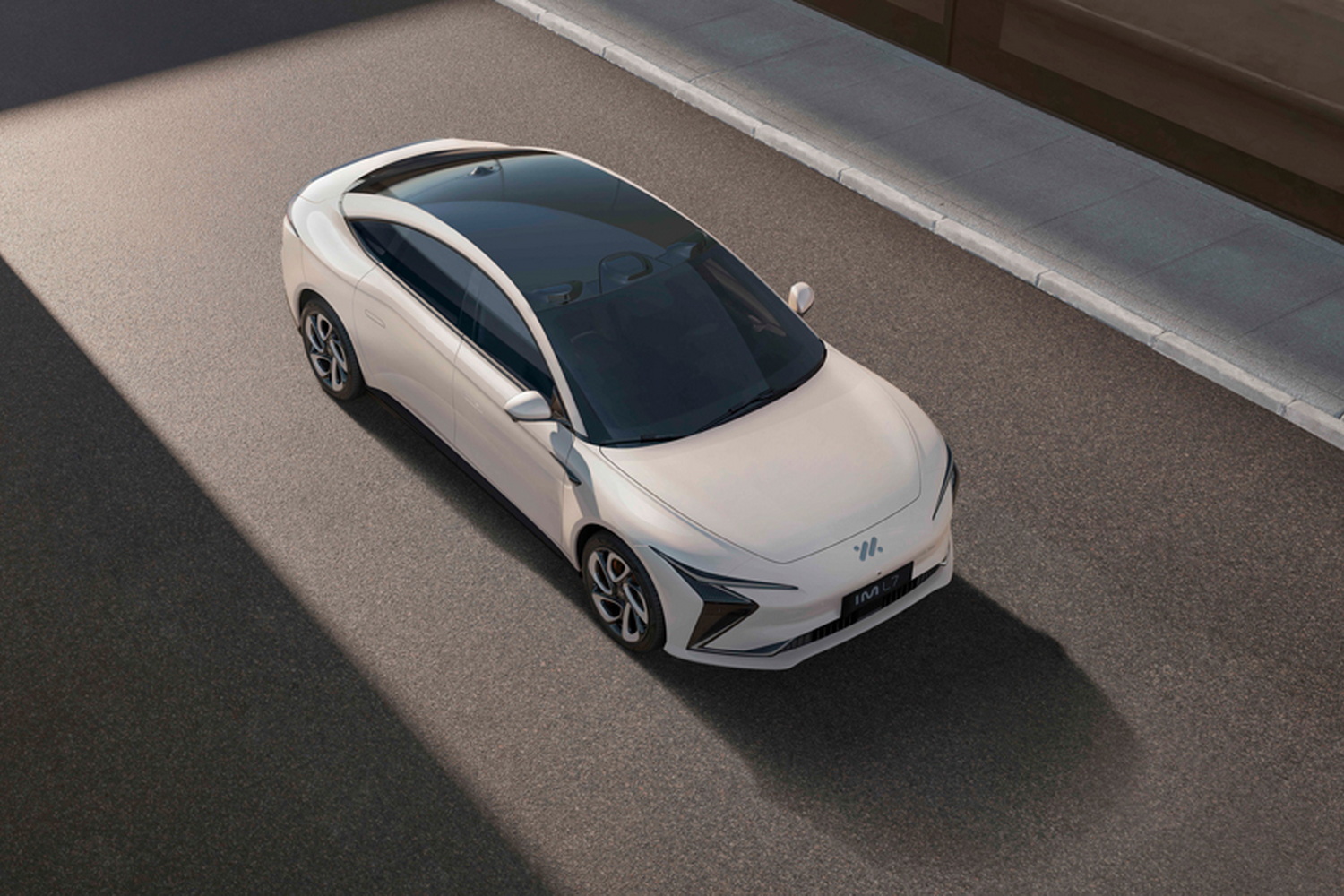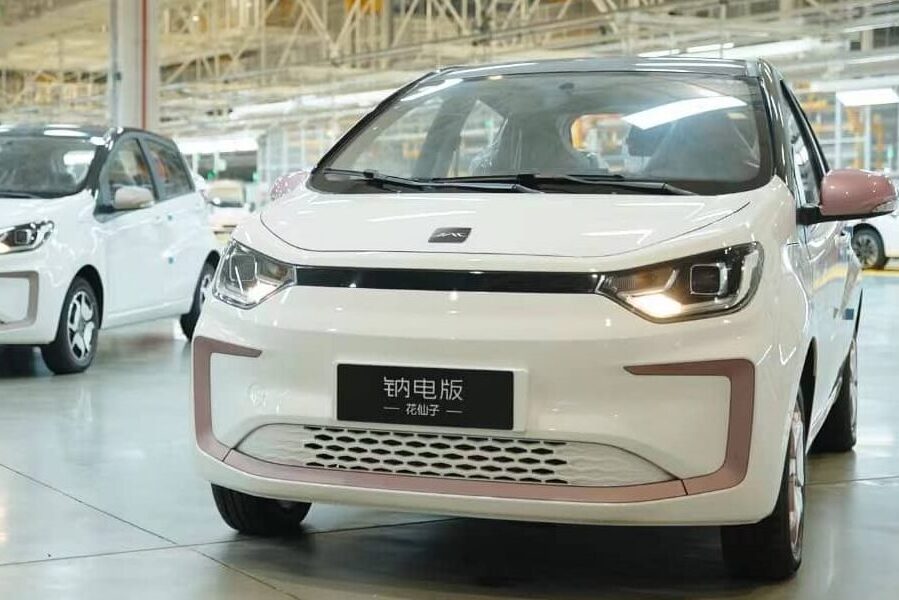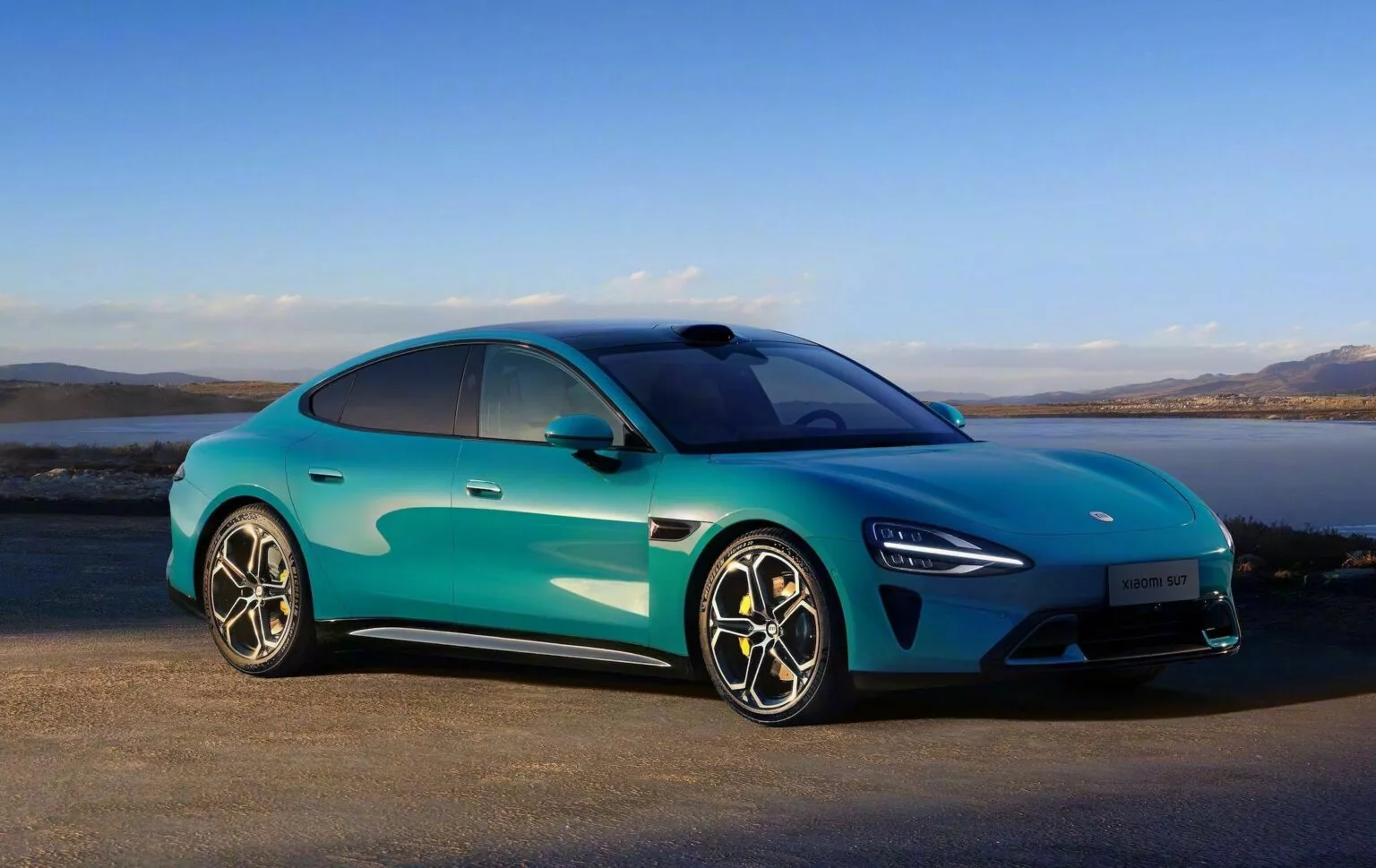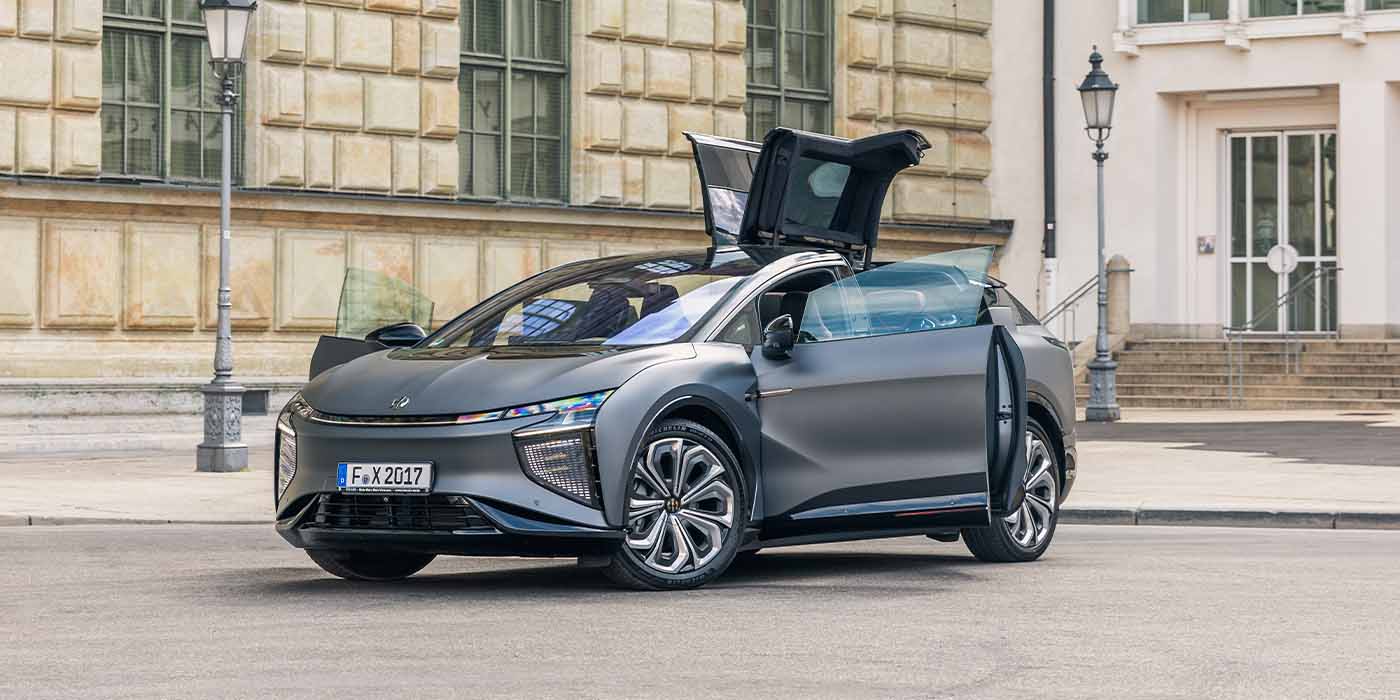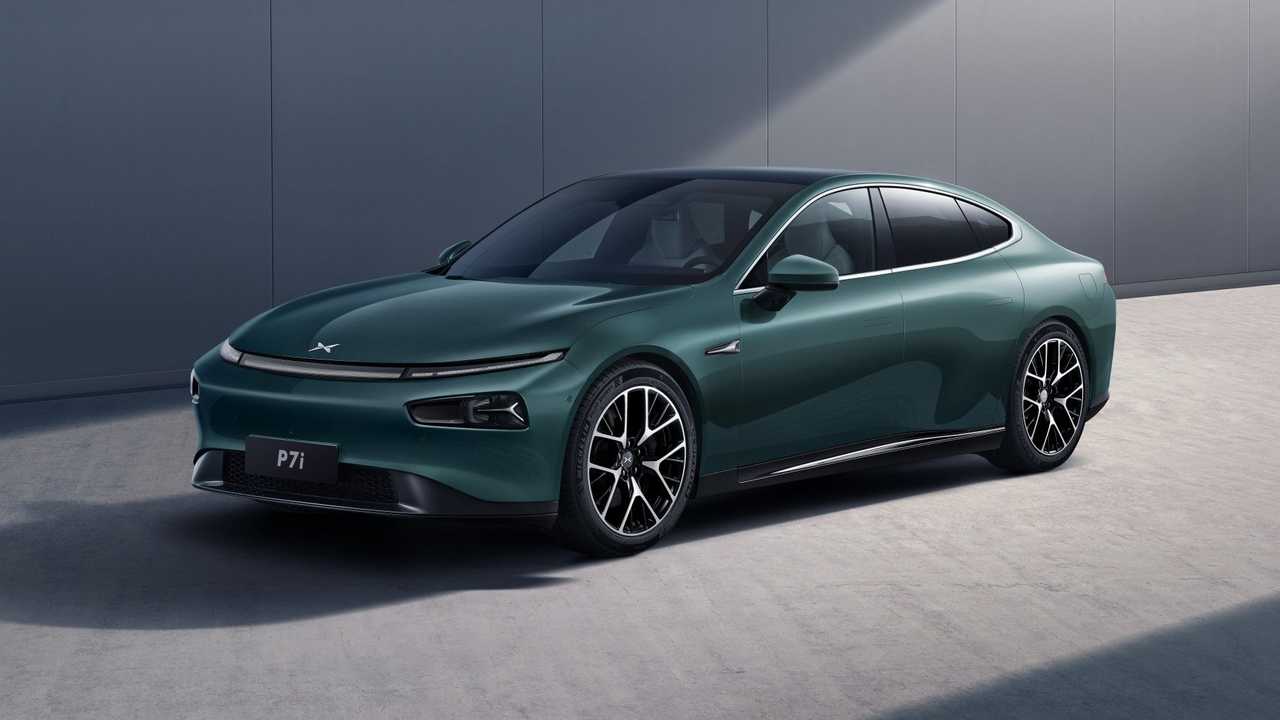The recent imposition of tariffs on electric vehicles (EVs) imported from China to the United States aims to prevent a flood of inexpensive imports that could threaten domestic jobs in the auto industry. However, Carlos Tavares, the CEO of Stellantis, has expressed a lack of concern regarding the Biden administration’s moves to protect Western carmakers from their Far Eastern rivals.
Tavares stated, “I’m not asking for any kind of protection because we are a global company, so I will not be protected everywhere.” He emphasized that Stellantis must compete globally, including against Chinese automakers in various regions such as Latin America, Africa-Middle East, and Asia.
See also: US Raises Concerns Over Chinese Electric Vehicles Amid Data Security Worries
While the current tariff system effectively keeps Chinese imports at bay, there is growing concern that Chinese automakers may find their way into the U.S. market by establishing production facilities in Mexico. This concern has led some in the auto industry to call for new tariffs to block cars with Chinese ties, regardless of where they are manufactured.
Despite these challenges, Tavares remains focused on competing head-on with Chinese competitors. Stellantis is working on closing the gap with innovative electric vehicles like the Citroen e-C3, a compact electric SUV launching at €23,300 ($25,200) this spring and expected to cost under €20k ($22k) with the arrival of shorter-range versions. Stellantis will also leverage the same cost-effective “smart car” EV platform to introduce similar vehicles under its other brands, although they are unlikely to reach the North American market.
See also: China Emerges as a Key Global Player in Auto Exports, NEV Shipments Soar in 2023
Stellantis has also invested in the Chinese market through a joint venture with Leapmotor, with plans to import Chinese-built EVs to Europe this year. Tavares’s stance on tariffs differs from that of Elon Musk, who recently warned about the potential threat Chinese automakers pose to other car companies unless trade barriers are implemented.

